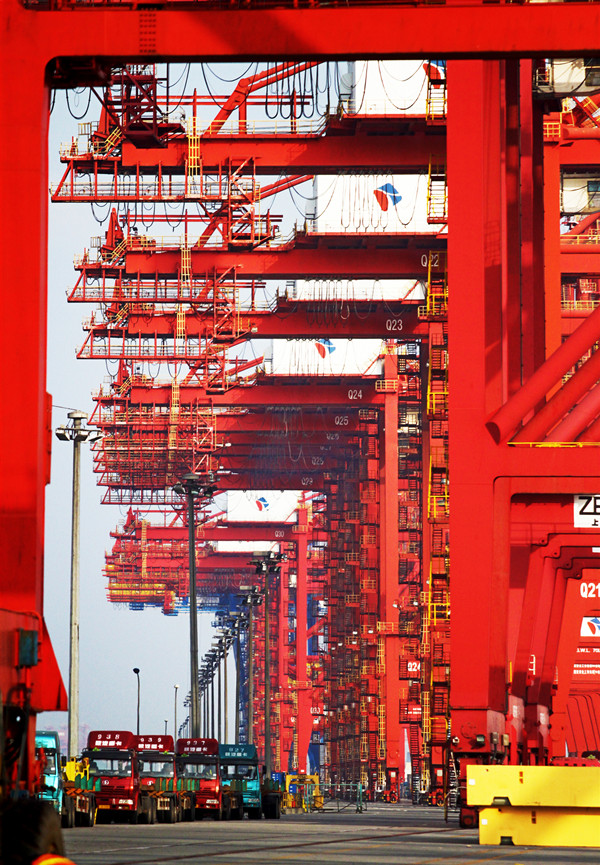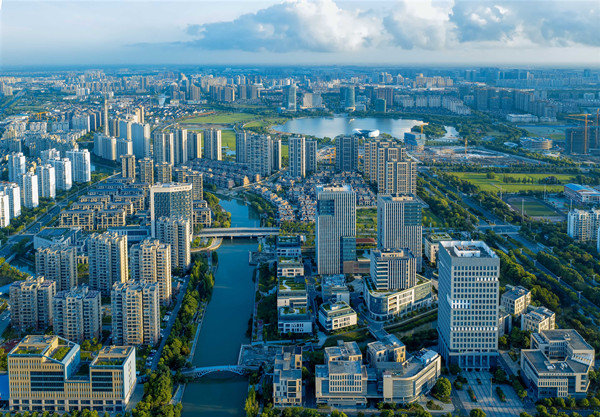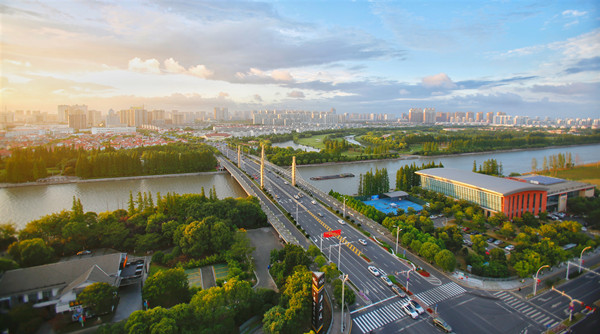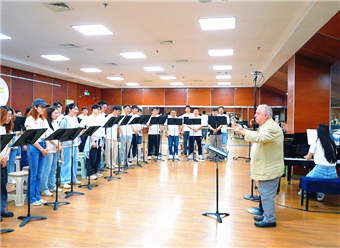Low-carbon economy advances in Taicang
Environment protection and economic growth are well balanced in Taicang, a county-level city of Suzhou, East China's Jiangsu province. In recent years, the local government has accelerated industrial transformation and upgrading, supporting the low-carbon transformation of companies in this city.
Nike, the leading global sportswear brand, has been a prominent example. It has built China's first "wind-solar integrated" zero-carbon smart logistics park in Taicang, which has achieved 100 percent coverage of renewable energy.

Nike's zero-carbon smart logistics park with the successful integration of wind and solar power in Taicang. [Photo/WeChat account: tcfbgw]
Another highlight is the Taicang factory of Procter & Gamble (P&G), distinguished as the first factory in Jiangsu province's daily chemical industry to operate entirely on renewable energy. In 2020, it earned recognition from the World Economic Forum as a global "lighthouse factory" and was subsequently honored as a national-level green factory in 2023. Additionally, this facility marks a milestone for P&G China as its first factory to achieve zero landfill.

A bird's eye view of P&G's Taicang factory, which consumes 100 percent renewable energy. [Photo/WeChat account: tcfbgw]
By 2023, the number of high-tech enterprises in Taicang reached 1,177, laying a solid foundation for developing the low-carbon economy in this city.









